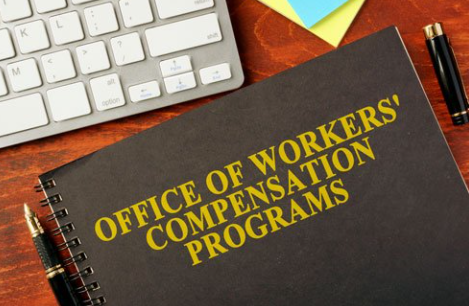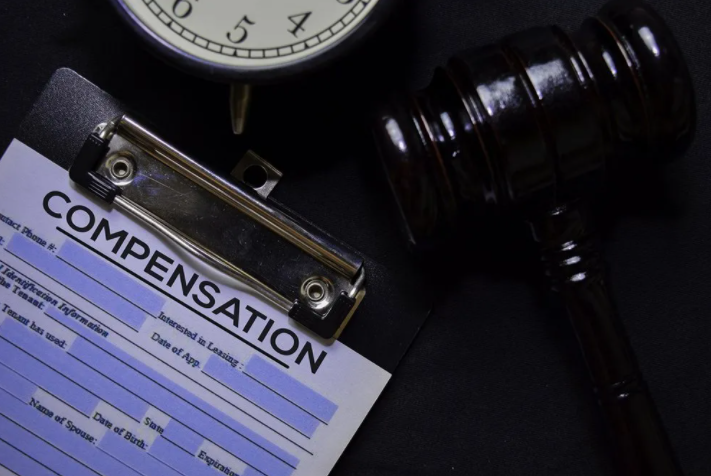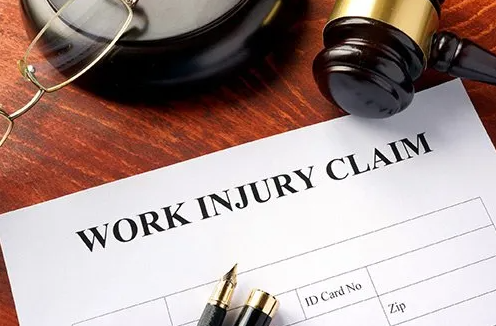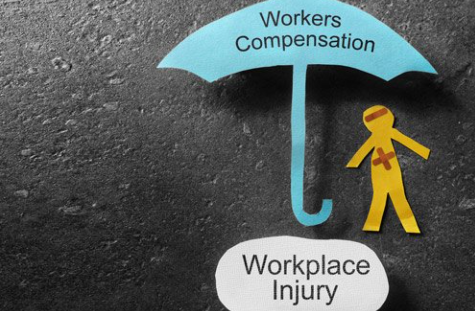4 WORKERS' COMPENSATION TERMS EVERY WORKER NEEDS TO KNOW

1. NO-FAULT SYSTEM
You may hear the term no-fault system used in relation to workers’ comp. A no-fault system means that the workers' compensation does not take into consideration if the injury was your fault or your employer's fault. This system actually offers several benefits to you and to your employer during the compensation process.
If your workers' compensation is no-fault, neither you nor your employer must show proof that the injury was the fault of the other party. You will have to prove, however, that the injury was not pre-existing and that it did occur on the worksite during your work hours.
No-fault systems only have one exception. This exception is when a third party was the cause of the injury. In that case, the third party needs to be proven to be responsible for the injury.
2. AVERAGE WEEKLY WAGE
In order to determine your workers' compensation claim amount, your income has to be considered. To do this, you will need to provide your most recent paystubs. You will also need to have your lawyer determine your regular hours versus your overtime hours. You may also have to provide your previous year’s tax statements.
The key aspect of your income that your lawyer will look for is your AWW. AWW refers to your average weekly wage. This is determined from your paystubs and income assessment. Once your AWW has been determined, the information can be sent to the workers' compensation office for the claim. They will then determine how much you will receive based on the injury, time out of work, and income factors.
3. TEMPORARY PARTIAL AND TOTAL DISABILITY
You may hear two terms when your lawyer tries to determine the level of your disability due to your injury.
The first term is temporary partial disability. This type of disability means that you can continue to work, but you will be limited on what you can do. For example, you work in construction and have a leg injury from an accident on the job. You can't do the normal work you did before, but you can clean up or deliver items. You can claim workers' compensation benefits, but they will be for a limited time.
The other term you will hear is temporary total disability. This term refers to being disabled from your injury and not being able to work during healing time. The benefits you can claim will only be for the duration of the healing time of the injury. If you can go back to work and work another position, your claim benefits will be reduced.
4. VOCATIONAL REHABILITATION
If your injury results in the inability to do your job, vocational rehabilitation is an option. Vocational rehabilitation is a way for you to take your skills and work them into another career option. You will work with your location rehabilitation representative to go over your previous skills, education, and the options available to you.
In some cases, your option will be to go into a different career. If this is an option, the vocational rehabilitation will cover the fees for new training. Once your training is finished, the vocational rehabilitation representatives will help you develop a new resume and apply for available jobs in the new field.
By understanding these four workers' compensation terms, you can become better prepared for an event if it occurs. If you feel that you need to pre-plan financially for healthcare issues, contact The Law Offices of Jeffrey M. Greenberg. We can help you prepare for a possible event and be there if an event occurs in the future.






